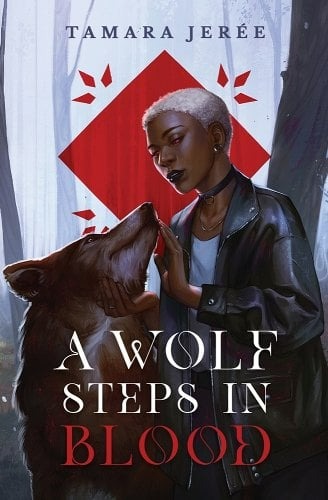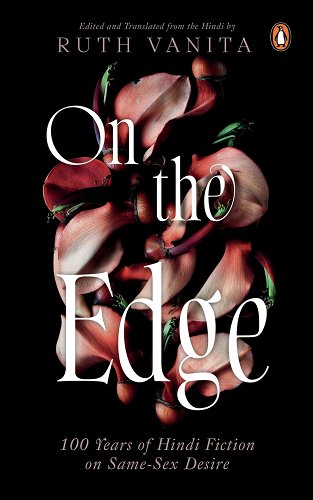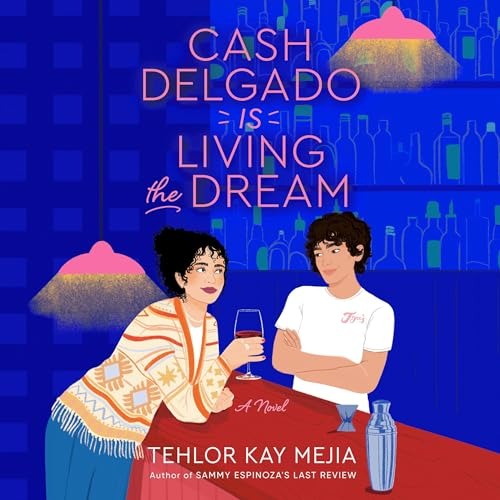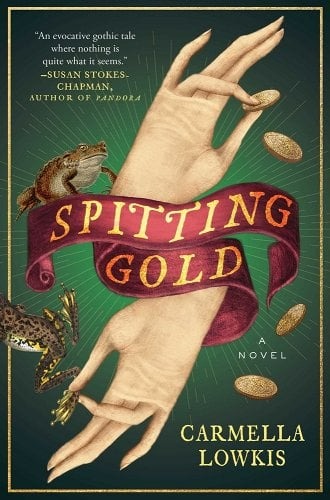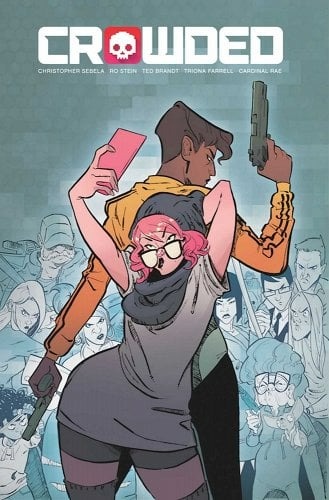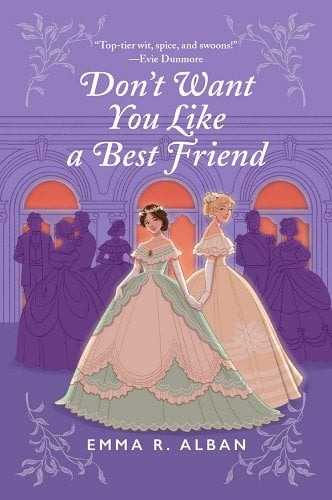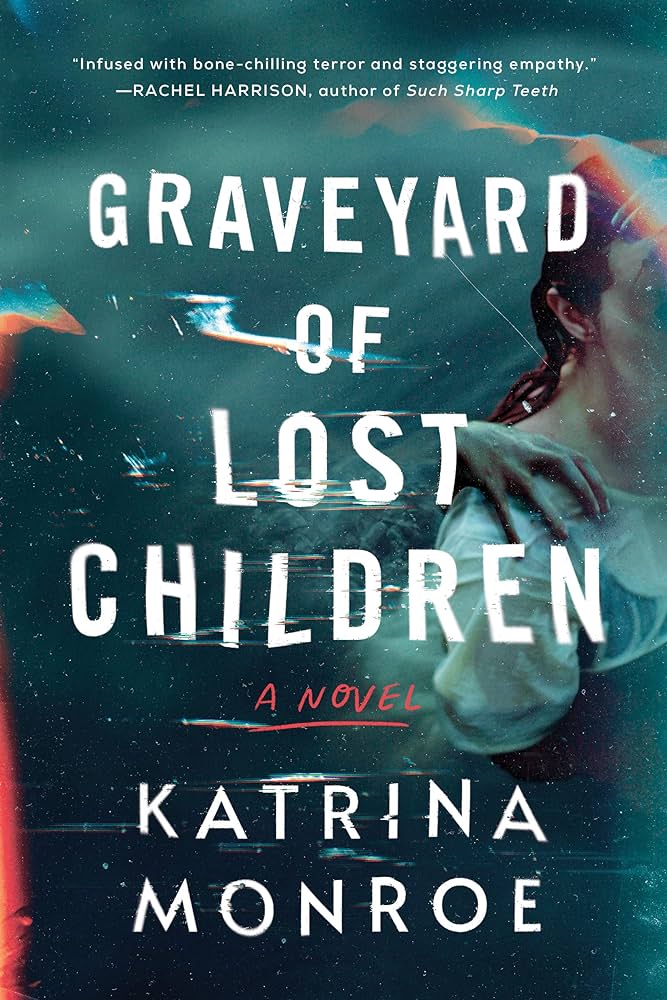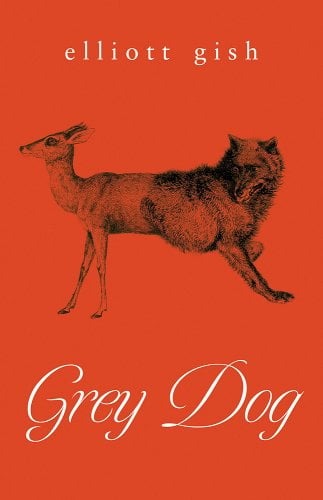Buy this from Bookshop.org to support local bookstores and the Lesbrary! “We are the figures of each other’s fairytales made flesh.” – A Wolf Steps in Blood, page 22 Last October, I reviewed Tamara Jerée’s debut novel, The Fall That Saved Us, a romance between a former demon hunter and a succubus. As that was a favoriteRead More
Lesbians in Space: Cosmoknights, Vol. 1 by Hannah Templer
Buy this from Bookshop.org to support local bookstores and the Lesbrary! In this queer space adventure, our main character Pan has grown up alongside her best friend Tara, a princess who is soon to be married off to the winner of the interplanetary jousting game that’s about to take place in their town. Tara can’tRead More
A Messy Homage to Lesbian Pulp: Perfume and Pain by Anna Dorn
Buy this from Bookshop.org to support local bookstores and the Lesbrary! If you like to read about messy lesbians making terrible decisions, this is the book for you. It’s also the perfect set piece for reading in public while sipping an iced lavender latte, though I must admit I was not then approached by aRead More
We Have Always Been Here: 3 Essential Historical Sapphic Reads
As Pride Month draws to a close here in the states, here are three historical fiction books that blend insightful writing with action/adventure, twisty thriller tension, and bon-mot brilliance, respectively. So much of history is about teaching us what has been possible, about what sorts of lives have survived, been mythologized, codified, recognized as worthyRead More
A Painfully Oblivious Lesbian Love Story: Cash Delgado Is Living the Dream by Tehlor Kay Mejia
Buy this from Bookshop.org to support local bookstores and the Lesbrary! Your enjoyment of Cash Delgado Is Living the Dream will depend heavily on how you feel about reading hundreds of pages of a truly oblivious queer main character. The kind of character who googles, “Can you be straight and have a sex dream aboutRead More
A Twisty Sapphic Spiritualist Con: Spitting Gold by Carmella Lowkins
Buy this from Bookshop.org to support local bookstores and the Lesbrary! Carmella Lowkins’s new historical novel, Spitting Gold (Atria Books 2024), is a fabulously atmospheric story with a twisting plot that keeps you guessing until the very end! Spitting Gold is set in nineteenth-century Paris. Baroness Sylvie Devereux has worked tirelessly for years to distance herself from herRead More
Murder by Crowdfunding: Crowded Vol. 1 by Christopher Sebela et al.
Buy this from Bookshop.org to support local bookstores and the Lesbrary! The Crowded comic book series tells the satirical story of a dystopian world not too far in the future where the gig economy has become unhinged. In this world, everything has a price, including putting out hits on someone’s life through an app called Reapr. AnyoneRead More
A Sapphic, Victorian Parent Trap: Don’t Want You Like a Best Friend by Emma R. Alban
Buy this from Bookshop.org to support local bookstores and the Lesbrary! Pretty much as soon as I discovered Emma R. Alban’s Don’t Want You Like a Best Friend, I was excited to read it. From the frothy cover to the Taylor Swift lyric title (admittedly I don’t actually know Taylor Swift’s music well enough to recognize thatRead More
Ghosts or Post-Partum Depression? Graveyard of Lost Children by Katrina Monroe
Buy this from Bookshop.org to support local bookstores and the Lesbrary! After giving birth to her daughter, Olivia is struggling—not just with being a first-time mother, but mostly from being haunted. She hears voices whispering terrible things to her, a black-haired ghost is following her in her nightmares, and her body is deteriorating rapidly fromRead More
Gothic Horror Infused with Queer Rage: Grey Dog by Elliott Gish
Buy this from Bookshop.org to support local bookstores and the Lesbrary! Elliott Gish’s debut queer Gothic novel, Grey Dog (ECW Press, 2024), is one of my most anticipated releases of the year. Intense, foreboding, and atmospheric, Grey Dog is the latest in queer horror, and it’s a must-read! Set in 1901, the novel is structured as the diary ofRead More
- « Previous Page
- 1
- 2
- 3
- 4
- …
- 21
- Next Page »
